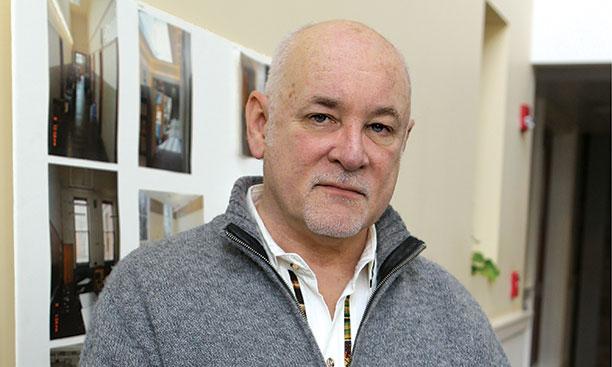
How well are refugees integrated into the countries to which they flee? The question is particularly urgent today, with 65 million refugees worldwide, the highest number since World War II.
Professor of anthropology John Borneman has studied Syria since 1999. When more than a million Syrians began fleeing to Germany in 2015, he started talking to them — on social media and in person — about how they were adapting to their new environment. His research examines how everyday encounters between Germans and refugees produce, or fail to produce, a sense of belonging.
Which Syrians went to Germany?
Seventy-five percent of the migrants were men, most of them young. If you have the resources, you finance an illegal trip of a young male. You don’t risk everybody in the family. Between 2013 and the end of November 2017, more than 15,000 people in flight lost their lives crossing the Mediterranean. Families are less likely to allow young women to undergo the risk of drowning, or of being permanently stuck alone in a refugee camp in Italy or Greece.
Once in Europe, refugees register themselves and thus qualify for minimal benefits. The right to employment is not automatic, although many find illegal work. Those who make it to Europe have done so frequently with the support of family savings. Thus they are often overwhelmed by the guilt of having survived and being unable to repay this debt. The pressure from family to repay is subtle, psychological, and varies, but many save from their benefits or from work to send money back.
What about German society makes it hard for refugees to break in?
There was a welcoming culture initially in Germany, but it was immediately counterbalanced by xenophobic reactions after the New Year’s Eve sexual assaults in Cologne. Hundreds of German women claimed assault by roughly 1,000 foreign men, mostly of Arab origin. The event had a huge effect on shifting public mood.
Friendship circles are perhaps tighter and hence less open in Germany than they are in many other countries. Many Syrians entered universities this past fall, but they have a difficult time finding German friends. I sense there is a lack of curiosity in the younger generation. Most of the people who initially spent time with refugees were retired, and most refugees would of course like to meet people their own age.
You recently described a party attended by two refugees as an example of how Germans’ good intentions can fall short.
The party was for a woman in her 60s who had been volunteering to teach a group of refugees. Two of them came to the party, and there was an old milk can where guests could donate money for them.
It was very well-meaning. But the language barrier is so difficult. Then the main dish was served — a whole roasted pig, which doesn’t make it comfortable for these two Muslim refugees, who don’t eat pork. We were served plentiful wine and beer. Most Muslims, including these two men, don’t drink. Even though this is a welcoming and warm group of Germans who are in a position to help, they started to indicate hesitancy about the possibility of social incorporation. They had tried to engage with the refugees, but eventually they gave up.
Are many other countries seeing similar issues with refugees?
We are in a mood worldwide that is skeptical of outsiders, and this is preyed on by political parties, which are less stable right now. Politicians feel less secure and bound to party platforms, and populist, anti-immigrant appeals resonate across partisan lines.
Extraordinary refugee waves have marked our history, and in most cases eventually resettlement schemes were found. But today our moral and political systems are under attack internally; thus it is convenient to portray them as overwhelmed by external forces, like refugees and migrants.
Interview conducted and condensed by Jennifer Altmann
